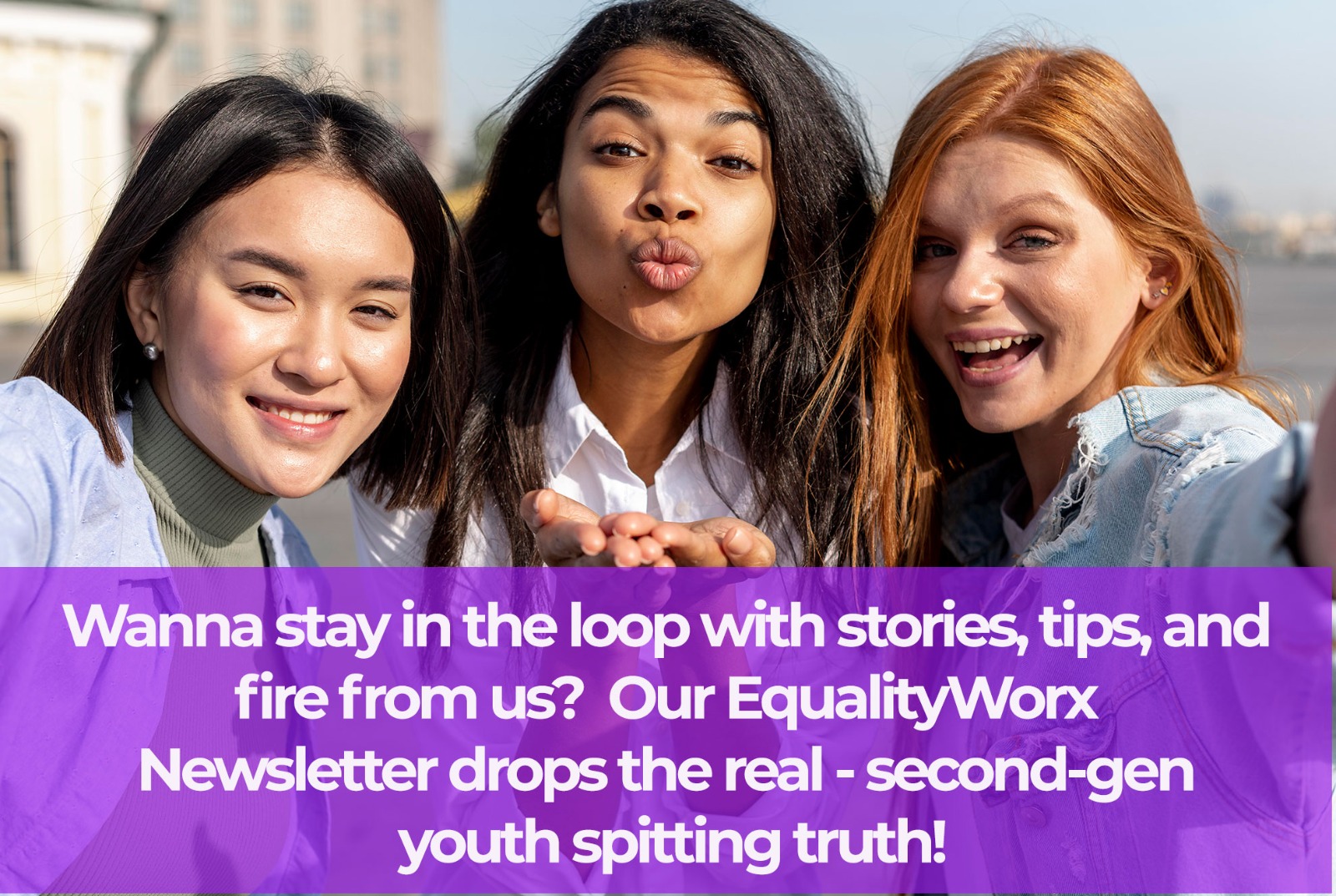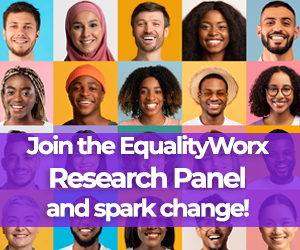What’s up, second-gen squad? New York City’s 2025 Democratic mayoral primary just delivered a banger: Zohran Mamdani, a 33-year-old democratic socialist, stunned the establishment by beating ex-governor Andrew Cuomo. Born in Uganda to Indian parents – a filmmaker mother and an academic father – Zohran landed in NYC at seven, carrying a vibrant, second-generation American dream. His Muslim, South Asian identity and progressive vibe, fuelled by viral TikToks and promises like free buses and rent freezes, lit up young New Yorkers from all backgrounds. New Yorkers buzzed with excitement, calling him a “voice for the future,” though some were critical about his inexperience. Mamdani’s Gen Flow – his digital, inclusive vibe – is a new kind of leadership, reflecting NYC’s diverse pulse.
Across the Pond: Leo Varadkar and Ireland’s Second-Gen Milestone
Representation vs. Revolution: Two Paths to Power
But here’s where the stories split – and why Zohran’s win is such a Gen Z moment. Zohran didn’t just appear as a fresh face on the scene; he built a movement from the ground up. He started as a New York State Assemblymember, fighting for working-class New Yorkers both inside and outside the legislature – hunger striking with taxi drivers to win $450 million in debt relief, securing $100 million for subway improvements, and helping to defeat a polluting power plant. His mayoral campaign was a masterclass in grassroots mobilisation: 50,000 volunteers, over a million doors knocked, and a multilingual, multicultural coalition that looked like the city itself. He didn’t have Cuomo’s name recognition, deep pockets, or establishment backing – instead, he had authenticity, digital hustle, and the ability to connect with people who felt left behind by politics-as-usual.
Grassroots vs. Establishment: Why Mamdani’s Win Hits Different
Zohran’s rise wasn’t just about policy, though his platform was bold: rent freezes, fare-free buses, city-run groceries, and universal childcare, all funded by taxing the rich. It was about energy and inclusion – about making young, working-class, and immigrant New Yorkers feel seen and heard. He leveraged social media not as a gimmick, but as a tool to build real relationships and mobilise new voters. His campaign videos went viral, his debate moments racked up millions of views, and his message resonated with those who’d never felt politics was for them. Even as Cuomo and other Democrats dismissed his ideas as “unrealistic,” Zohran’s authenticity and approachability cut through the noise.
Zohran came from obscurity. He wasn’t groomed by party insiders or handed a safe seat. His journey from a kid in Queens to the presumptive Democratic nominee for mayor is a classic Gen Z story – digital, disruptive, and driven by lived experience. He faced Islamophobic threats and scepticism about his age and background, but turned that adversity into fuel for a movement. When he declared victory, he quoted Nelson Mandela: “It always seems impossible until it is done.” For so many young, second-gen Americans, Zohran’s win is proof that you don’t need a famous last name or a billionaire backer to make history.
Varadkar’s Ascent: Breaking Barriers, But Not the System
Now, contrast that with Leo Varadkar’s path. Yes, Leo broke barriers – mixed-race, openly gay, and the son of immigrants, he’s a symbol of a changing Ireland. But let’s not forget: Leo’s ascent was very much an inside job. He joined Fine Gael as a young man, climbed the ranks, and took on a series of ministerial roles before becoming Taoiseach. Leo didn’t secure his position as party leader through a national election; rather, he was chosen by Fine Gael’s parliamentary party and membership following Enda Kenny’s resignation. Put simply, Leo didn’t have to build a grassroots movement or unseat a political heavyweight – he stepped into the leadership role when the party establishment was looking for a fresh figurehead.
Top-Down or Bottom-Up? The Real Difference in Leadership
That’s not to say Leo Varadkar didn’t achieve big things. He led Ireland through Brexit, managed the COVID-19 response, and played a role in legalising abortion and advancing LGBT rights. But his leadership style was top-down, not bottom-up. He was a product of the political system, not a challenger to it. Critics have called his economic policies “Thatcherite,” and while he championed diversity, he never built the kind of mass, people-powered movement that Zohran Mamdani just unleashed in New York. Leo’s story is about representation at the top; Mamdani’s is about transformation from the bottom up.
This difference matters. Zohran’s campaign wasn’t just about getting elected – it was about changing who gets to participate in democracy. He made politics accessible, fun, and urgent for Gen Z and working-class communities. He showed that you can win by organising, by listening, and by refusing to play by the old rules. Leo, for all his historic firsts, never had to fight for legitimacy in the same way. He was the establishment’s choice, not the people’s insurgent.
So what’s the lesson for Gen Z and the second-gen squad? It’s this: representation is powerful, but real change comes from the ground up. Zohrans’s win is a blueprint for a new kind of politics – one that’s digital, inclusive, and unafraid to challenge the status quo. If you want to lead, you don’t have to wait your turn or fit the mould. Build your movement. Use your heritage, your hustle, and your hope to make democracy work for everyone.
Zohran Mamdani and Leo Varadkar both expanded the stage for second-gen leaders, but only one built the stage with his own hands. For Gen Z, this is your Gen Flow moment. Don’t just aim to fit in – aim to transform. The future belongs to those who show up, organise, and refuse to settle for politics as usual.
EqualityWorx is all about amplifying these voices. If Mamdani’s win or Varadkar’s rise sparks you, share your story at equalityworx.com/submit (300–500 words) or drop a TikTok with #EqualityWorxVibe – tag @EqualityWorx, and we’ll boost it. Let’s keep pushing for a world where every background shines! #NewYorkRising #EqualityWorxVibe
Share this content:
Join the EqualityWorx Vibe!



















